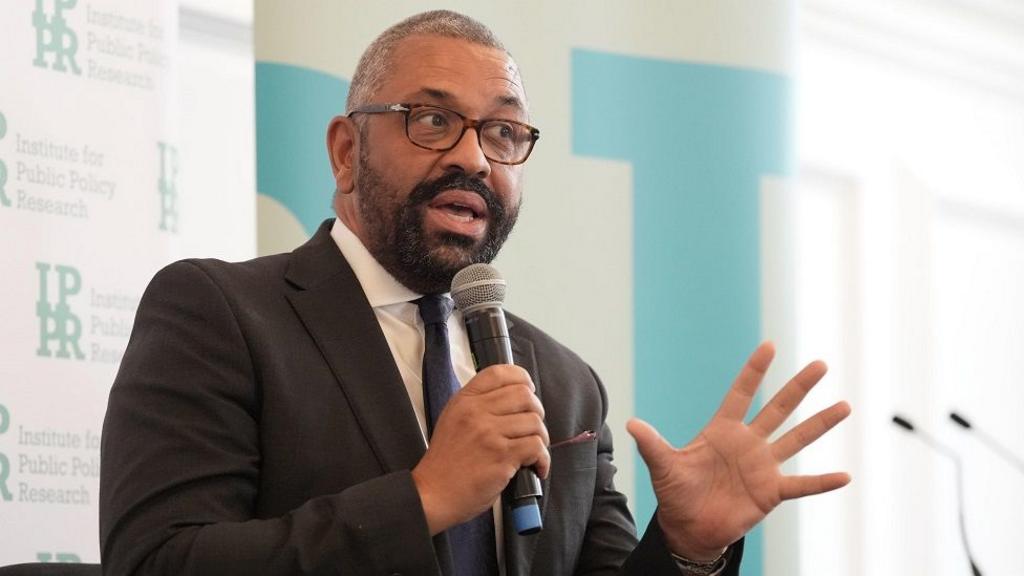How many members of the shadow cabinet can you name?
It’s a parlor game even seasoned Westminster journalists are known to play.
For a party that suffered significant losses in last year’s general election, reduced to a contingent of just 120 MPs, rebuilding a public presence and gaining traction with voters was always going to be a formidable challenge for the Conservative Party.
However, eight months into her leadership tenure, Kemi Badenoch has determined that the time is ripe for some measured adjustments to her shadow cabinet, injecting fresh perspectives into her top team.
What’s the impetus for this now?
It was widely speculated that Edward Argar was keen to relinquish his role as shadow health secretary due to recent health concerns, a departure that was confirmed earlier today.
This crucial portfolio necessitated a new appointment.
Badenoch has chosen to capitalize on this moment, just ahead of the summer recess, to infuse her top team with renewed vigor.
The most notable appointment is the return of Sir James Cleverly to the Conservative front bench.
He recently delivered a speech cautioning Conservatives against mirroring the policies of Reform UK.
Within the Conservative Party, Sir James is regarded as a skilled communicator, and he will now assume the role of shadowing Angela Rayner, the Secretary of State for Housing, Communities and Local Government.
As the deputy prime minister, Rayner’s position underscores the significance Badenoch places on scrutinizing the critical housing portfolio and engaging with Rayner in the Commons.
Compared to some on the Tory front bench, he is a centrist Conservative, sceptical about the arguments for leaving the European Convention of on Human Rights.
This issue divides opinion within the Tory party and is currently subject to an internal review. James Cleverly’s voice in that debate will now carry more weight.
Other anticipated changes include Kevin Hollinrake’s appointment as Conservative Party chairman and Stuart Andrew’s assumption of the shadow health portfolio.
Further adjustments may occur, but this appears to be a targeted reshuffle.
Mel Stride will remain shadow chancellor, and Robert Jenrick, the runner-up in last year’s Tory leadership contest, will continue as shadow justice secretary.
Jenrick has proven adept at generating attention on social media – including pursuing fare-dodging Tube passengers – and some have questioned whether he has truly ceased campaigning for the party leadership.
Badenoch has consistently dismissed reporters’ inquiries about whether he is still vying for her position.
When asked in April whether she should restrain Jenrick for writing articles and delivering speeches beyond his remit, she stated that it was “fine” for shadow cabinet members “to discuss matters that advance the Conservative Party.”
With her party currently polling third, or even fourth, nationally, the Conservatives require all the visibility they can garner.
And – as demonstrated at last year’s Tory conference when his leadership pitch captivated the party faithful – Sir James possesses the ability to command headlines.
A few stories at this year’s conference about her former leadership rivals seeking to upstage her may be the price Badenoch has to pay for getting her party noticed.
Sign up for our Politics Essential newsletter to keep up with the inner workings of Westminster and beyond.

